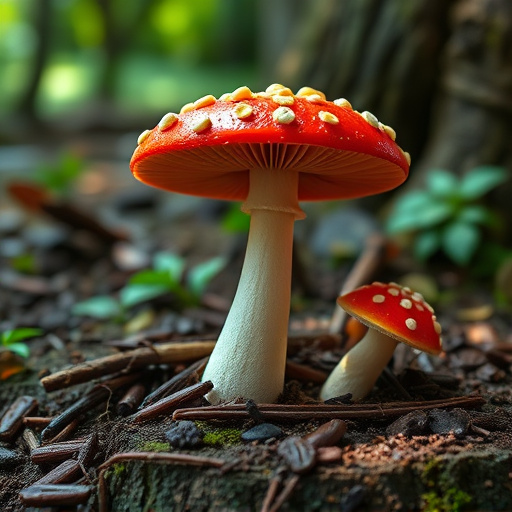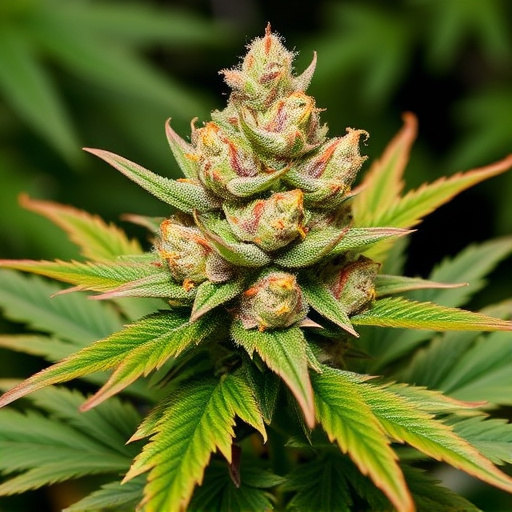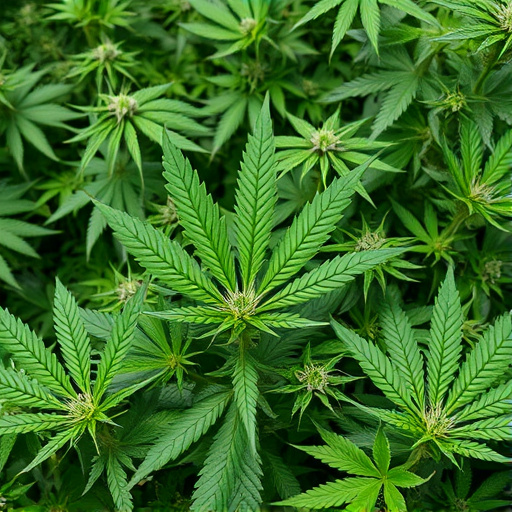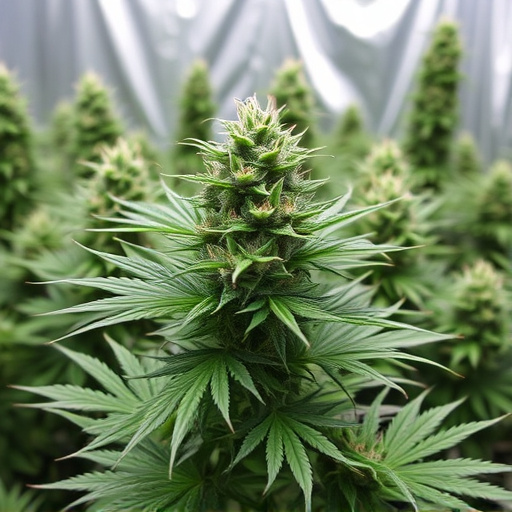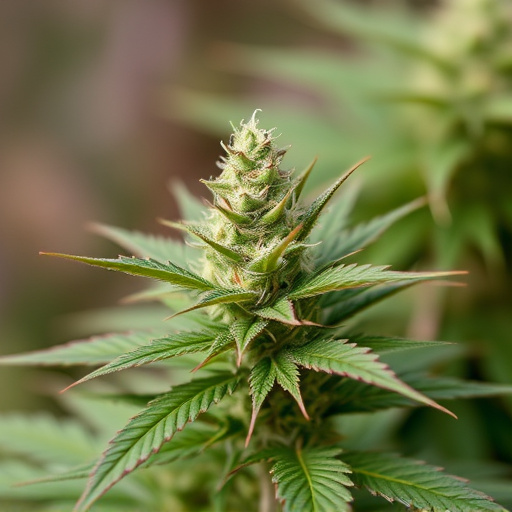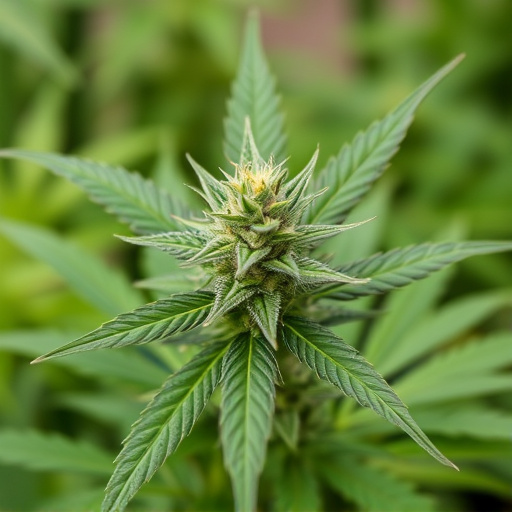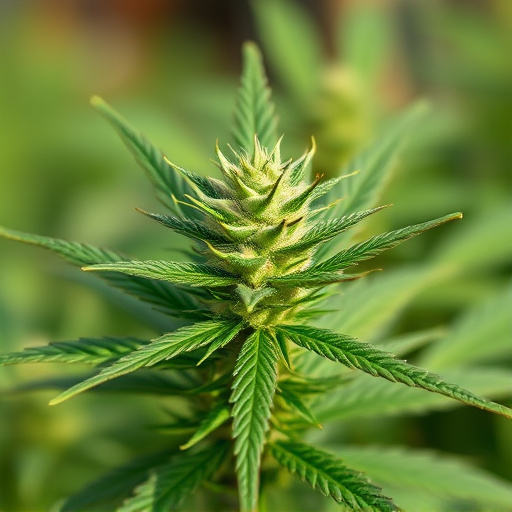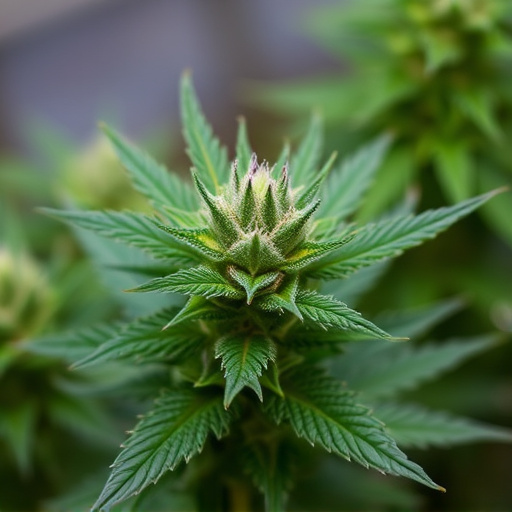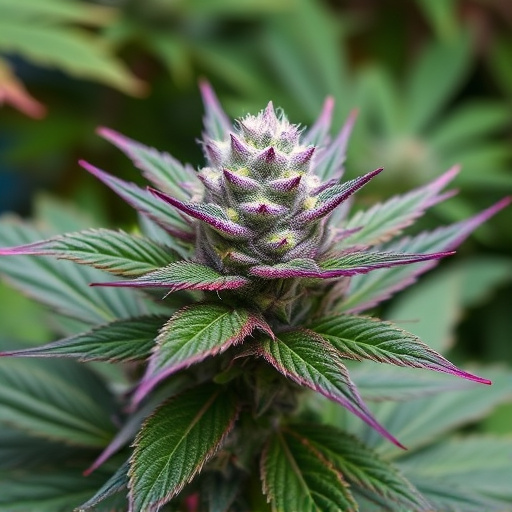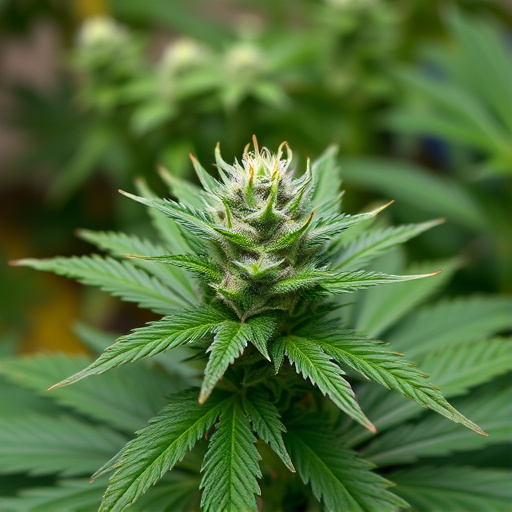Cannabis compounds like THC and CBD interact with the brain's endocannabinoid system (ECS), affecting mood, memory, appetite, and pain. High-CBD or unique cannabinoid profiles in strains may aid ADHD symptoms by enhancing focus and reducing impulsivity without psychoactive effects. Individual preferences and healthcare guidance are crucial when exploring cannabis for ADHD treatment, balancing therapeutic benefits against potential risks like cognitive issues and anxiety.
Discover how cannabis, with its diverse compounds, interacts with our brain chemistry, offering potential benefits beyond relaxation. This article delves into the science behind cannabis’ impact on cognitive functions, exploring its role in managing ADHD symptoms and enhancing focus. From specific cannabis strains to navigating risks, we uncover a nuanced view on how these natural compounds might support brain health. Learn about the balance between reaping rewards and ensuring safety when considering cannabis as a potential tool for ADHD management, especially in the context of modern brain wellness.
- Cannabis Compounds and Their Impact on Brain Chemistry
- Exploring Cannabis Strains for ADHD: Potential Benefits and Considerations
- Balancing Act: Navigating the Risks and Rewards of Cannabis Use for Brain Health
Cannabis Compounds and Their Impact on Brain Chemistry
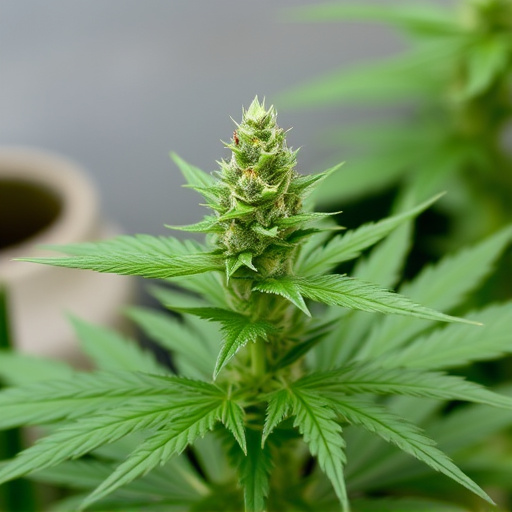
Cannabis compounds, particularly THC and CBD, interact with our brain’s endocannabinoid system (ECS), a complex network of receptors that play a crucial role in maintaining homeostasis—the body’s natural balance. When cannabis is consumed, these compounds bind to specific receptors, influencing various physiological processes, including mood, memory, appetite, and pain perception. This interaction can have significant effects on brain function, offering potential therapeutic benefits for conditions like ADHD.
Research suggests that certain cannabis strains known for their higher CBD content or specific cannabinoid profiles may help manage symptoms associated with ADHD, such as attention deficits and impulse control issues. CBD, in particular, has shown promise in promoting focus and concentration without the psychoactive effects of THC. Understanding how these compounds interact with brain chemistry is essential when exploring cannabis strains for ADHD treatment, ensuring a balanced approach that leverages the plant’s potential while minimizing any adverse effects.
Exploring Cannabis Strains for ADHD: Potential Benefits and Considerations
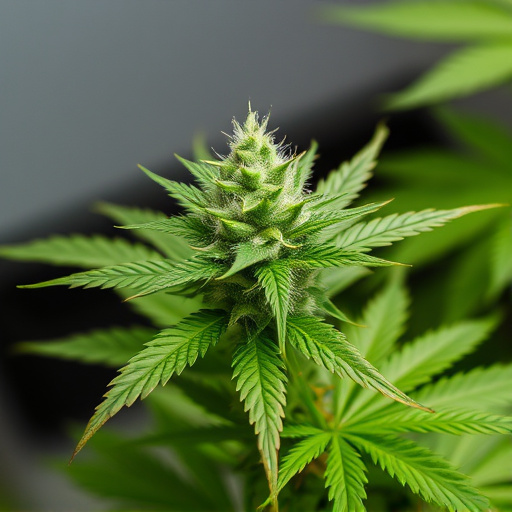
Cannabis has been a subject of interest in the medical community, especially regarding its potential to enhance brain function and manage various conditions. When it comes to Attention-Deficit/Hyperactivity Disorder (ADHD), cannabis strains have gained some attention for their possible benefits. Certain strains are known for their ability to provide a calming effect, improve focus, and reduce impulsive behaviors, which are common symptoms of ADHD.
Exploring different cannabis strains for ADHD involves considering both the chemical composition, particularly Cannabidiol (CBD) and Tetrahydrocannabinol (THC), as well as individual preferences and tolerance. High-CBD strains are often favored due to their potential to offer therapeutic benefits without the psychoactive effects associated with THC. These strains may help in managing symptoms, improving concentration, and promoting better emotional regulation. However, it’s crucial to consult healthcare professionals for personalized guidance and ensure that cannabis use is legal and regulated in one’s jurisdiction.
Balancing Act: Navigating the Risks and Rewards of Cannabis Use for Brain Health
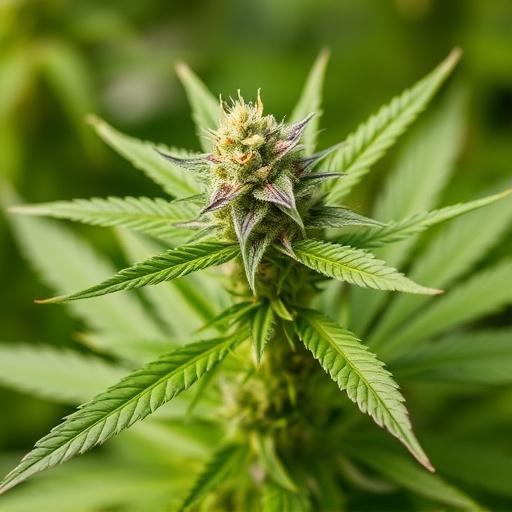
Cannabis, with its diverse compounds and effects, presents a balancing act when considering its impact on brain health, especially in the context of conditions like ADHD. While some cannabis strains are known for their potential to enhance focus and reduce symptoms associated with ADHD, it’s crucial to navigate risks alongside rewards. The active compounds in cannabis interact with the endocannabinoid system, which plays a significant role in regulating mood, memory, and attention—all core aspects affected by ADHD.
However, the plant’s effects can vary widely based on strain, method of consumption, and individual tolerance and health status. Overconsumption or misuse could lead to cognitive impairment, anxiety, and other adverse effects. For individuals considering cannabis as a potential aid for ADHD symptoms, it’s essential to consult healthcare professionals for guidance. They can help select appropriate strains and delivery methods while monitoring any potential risks or interactions with existing medications.
Cannabis, with its diverse compounds and strains, offers a complex relationship with brain function. While research into its effects continues, especially regarding cannabis strains for ADHD, initial studies suggest potential benefits for cognitive enhancement and symptom management. However, balancing risks and rewards is essential when considering the use of cannabis for brain health, particularly as different strains may have varying impacts on individual users. Understanding the interplay between cannabis compounds and brain chemistry is key to navigating this complex landscape and harnessing the potential advantages while mitigating any adverse effects.

